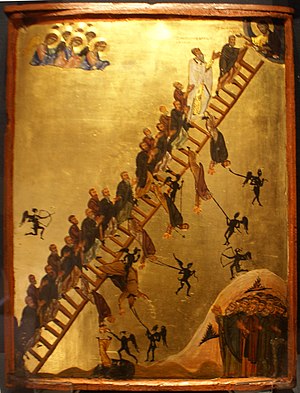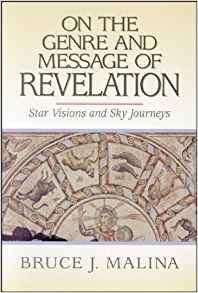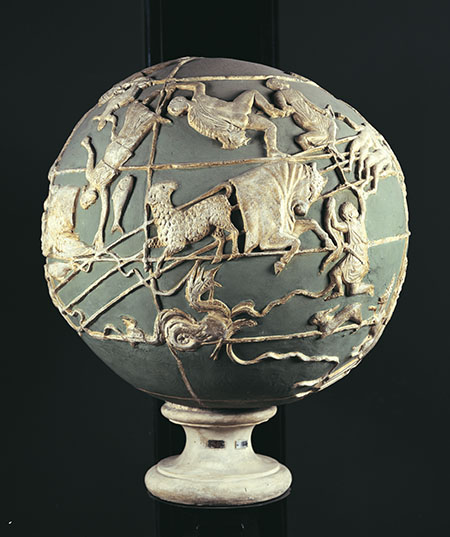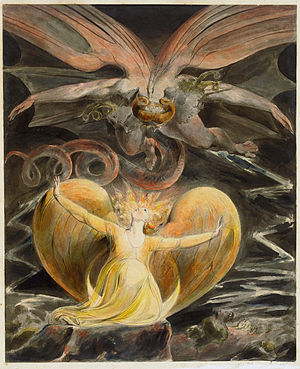 Some scholars (e.g. S.G.F. Brandon) have opined that Jesus was something of a revolutionary or rebel leader; others (e.g. Thomas L. Thompson) that he was “a messiah myth” (the link is to an earlier post of mine listing the mythical traits of gods and kings of the Middle East).
Some scholars (e.g. S.G.F. Brandon) have opined that Jesus was something of a revolutionary or rebel leader; others (e.g. Thomas L. Thompson) that he was “a messiah myth” (the link is to an earlier post of mine listing the mythical traits of gods and kings of the Middle East).
Other scholars (e.g. Robert M. Price) have compared the Gospel narrative elements of Jesus against the various functional components of folk tales as extracted by Vladimir Propp.
One nonbiblical historian who, to my knowledge, has never written a word about Jesus, has written about a certain type of rebel leader, however, and compared the realities with the myth or legend that has universally attached itself to these sorts of people. Eric Hobsbawm has researched the phenomenon of social banditry (from China through Europe to Peru), or the Robin Hood types of figures. His list of characteristics of the “noble image” that attaches itself to these figures is interesting.
It bears a striking resemblance to the qualities of the kings and gods of Thompson’s messiah myth traits as much as to the heroic human outlaw. If the same qualities attach themselves to both the human outcast and a mighty god or king of another, much earlier, era, then one is entitled to suspect we are looking at some deeper psychological need/attraction at work here.
Here’s Hobsbawm’s list of characteristics (p. 47f of Bandits, 2000). Continue reading “Jesus: Myth of the Rebel Leader or Myth of a Saviour God — it’s all the same myth”









 Continuing from the previous post, addressing McGrath’s
Continuing from the previous post, addressing McGrath’s